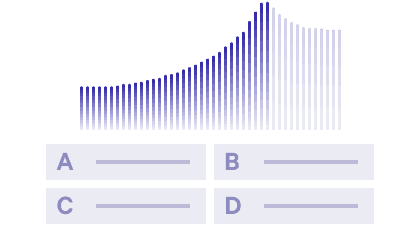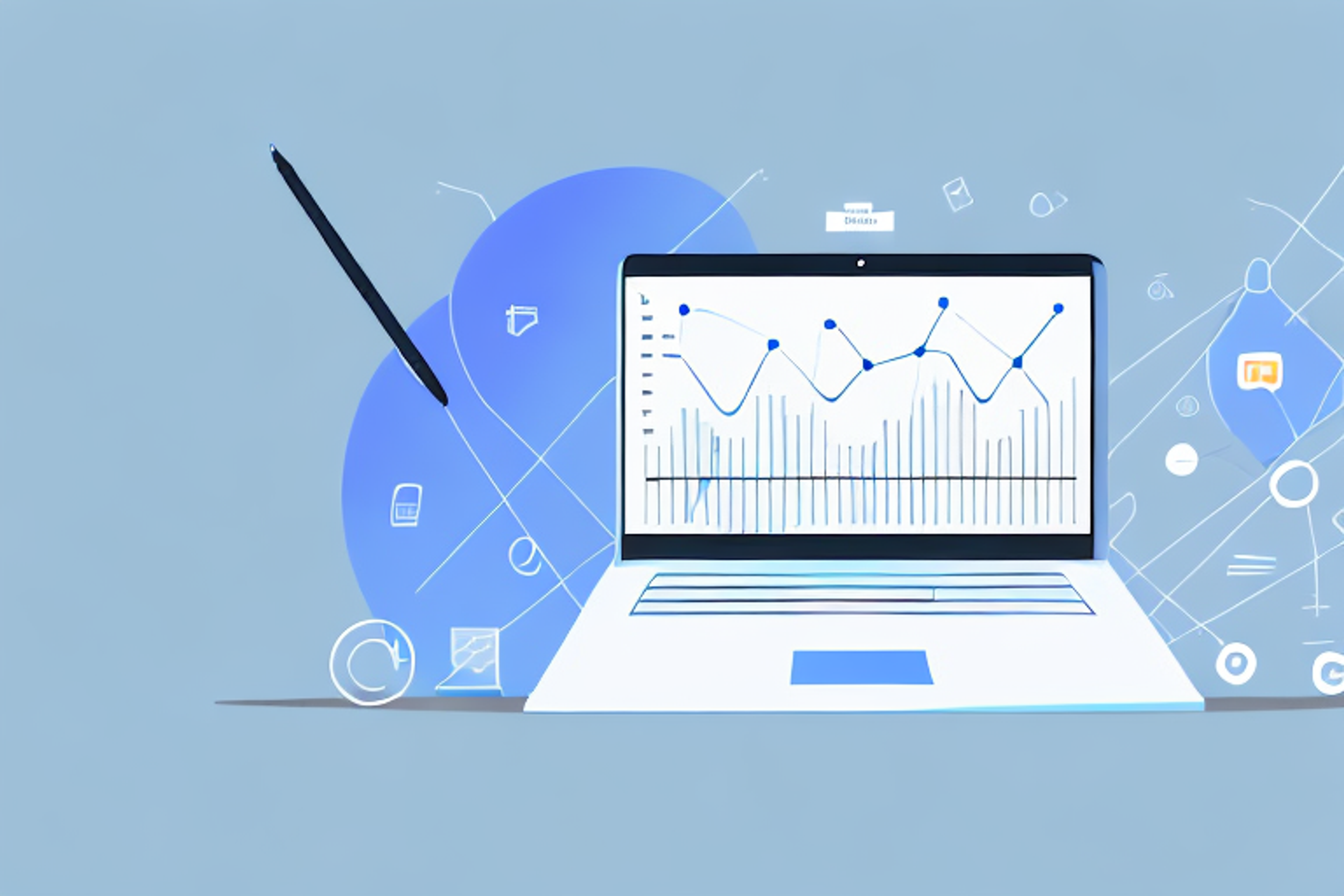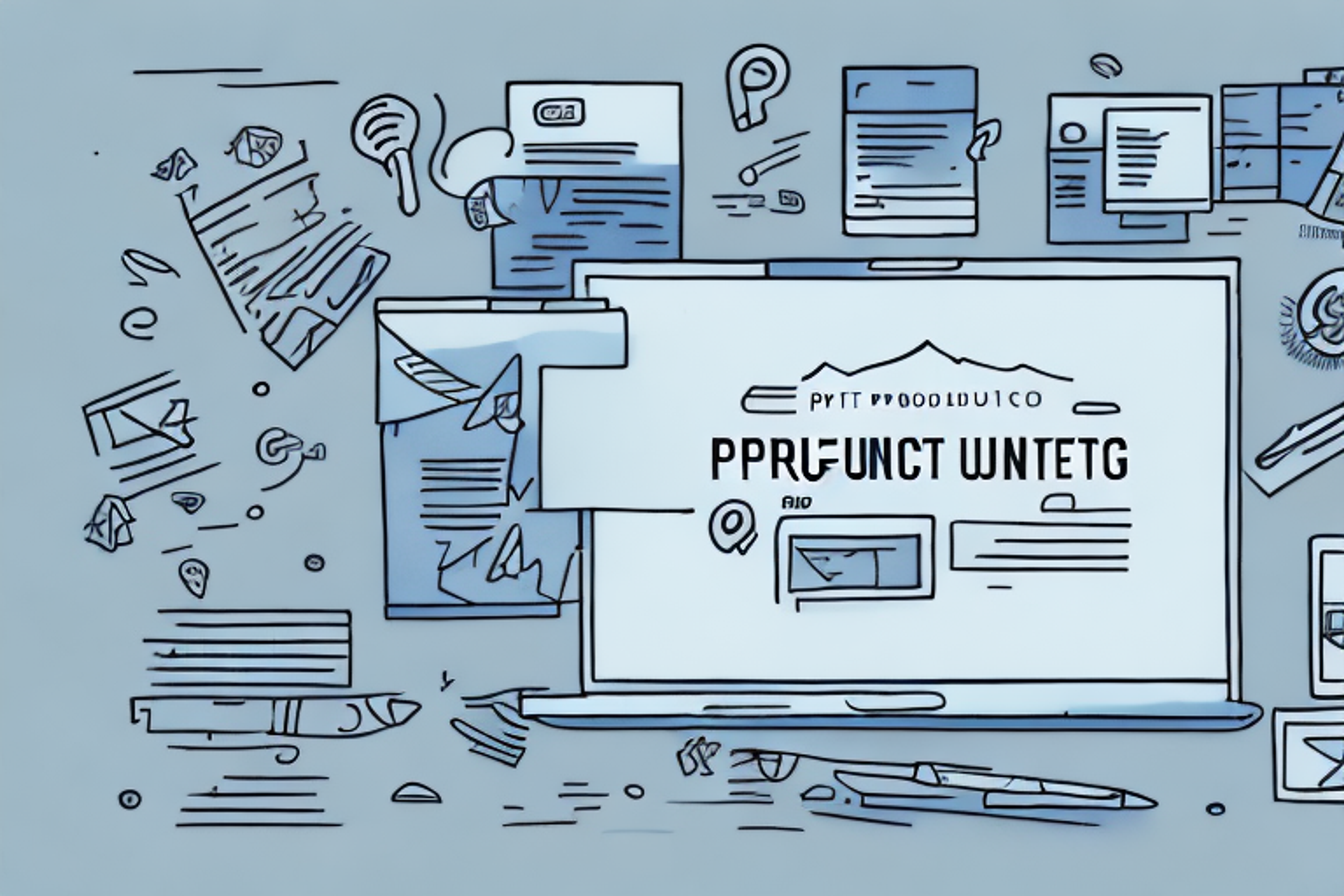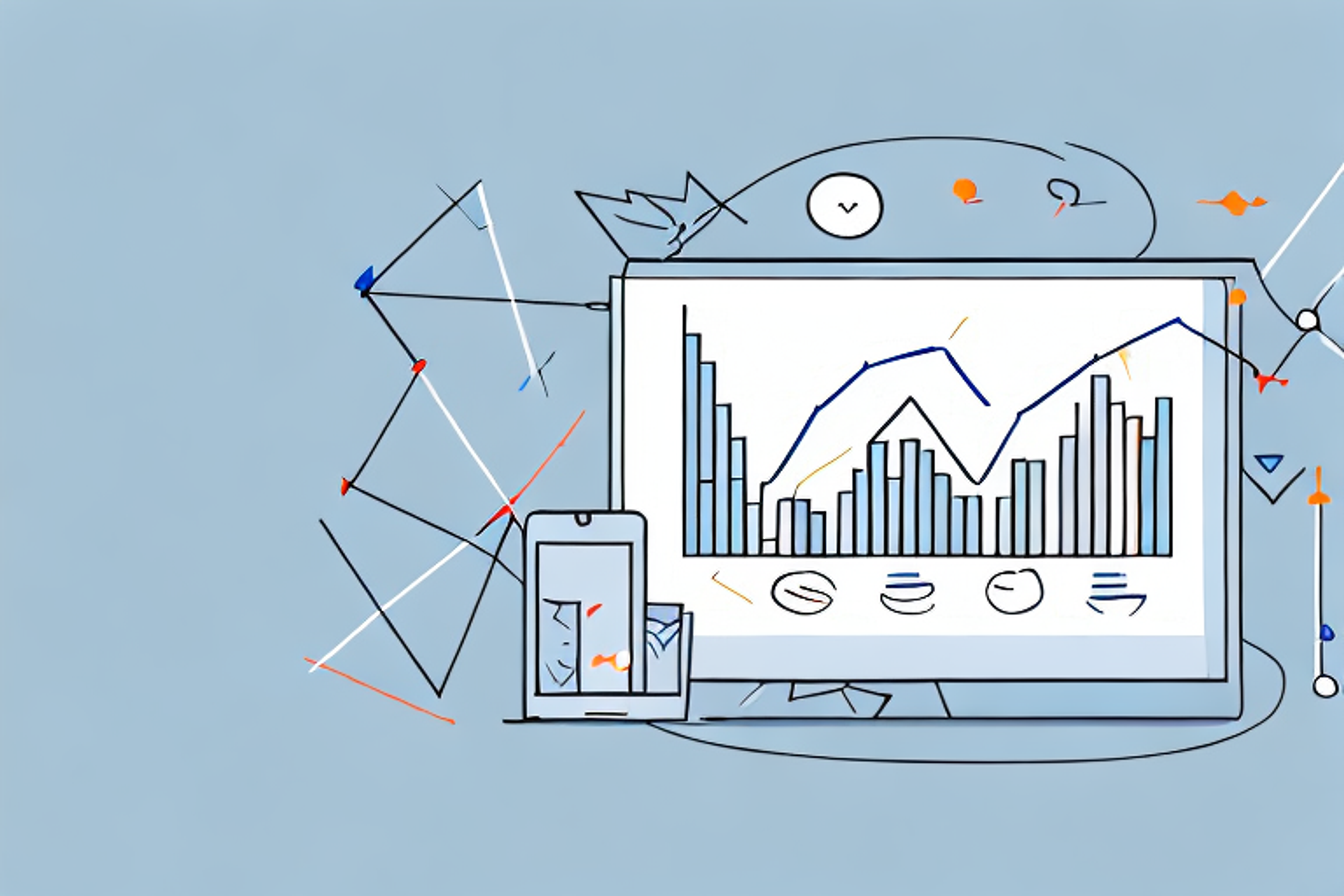A Micro-Certification in Product Analytics: Everything You Need to Know
Discover the ins and outs of obtaining a micro-certification in product analytics with our comprehensive guide.
Posted May 15, 2023
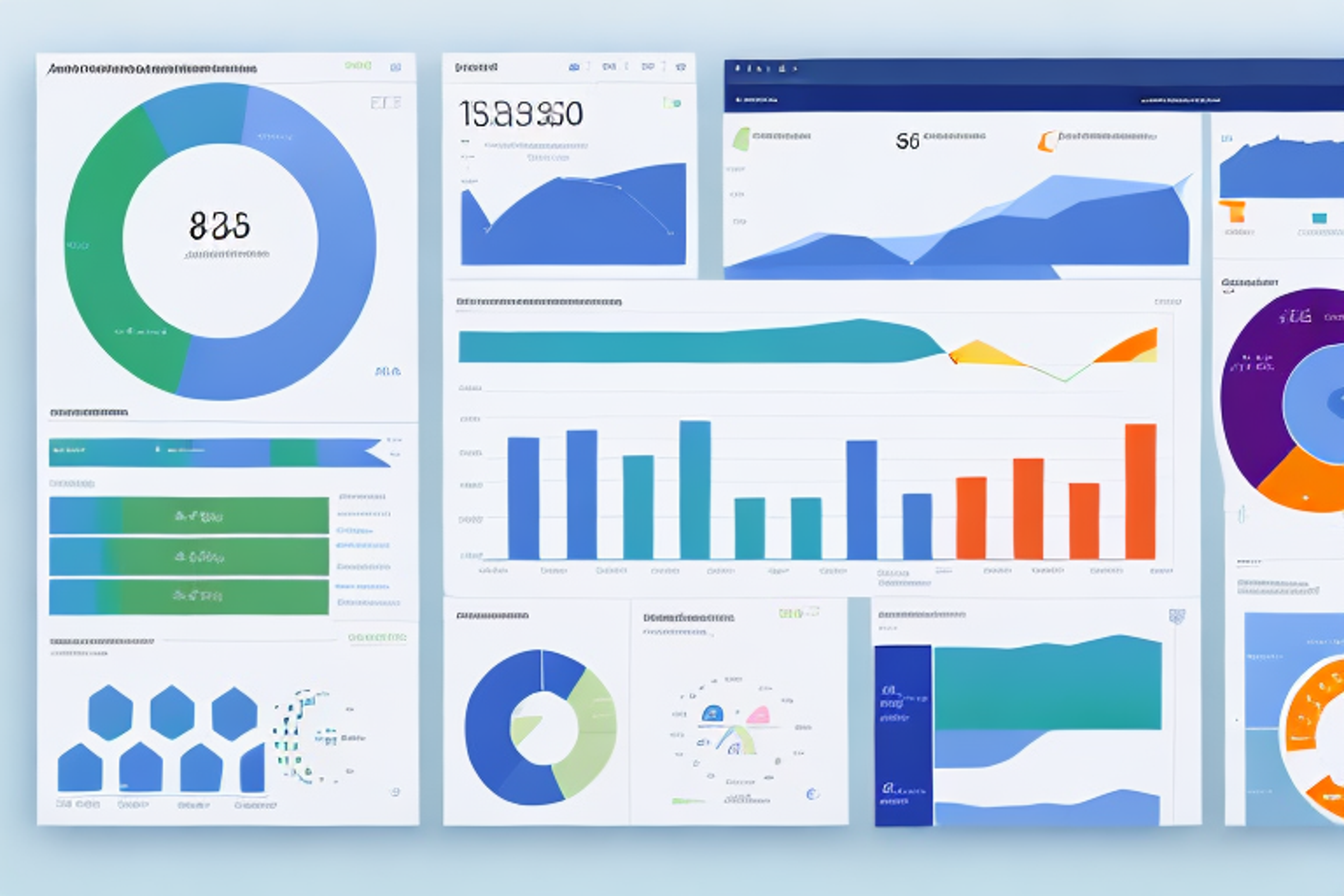
Table of Contents
Product analytics has become essential in today's business landscape, and a micro-certification in this field can provide a competitive edge to professionals. In this article, we'll discuss everything you need to know about a micro-certification in product analytics, including its definition, importance, benefits, tools and techniques, best practices, and much more. So, let's dive in!
What is a Micro-Certification in Product Analytics?
A micro-certification in product analytics is a short educational program focused on developing expertise in product analytics. It's designed for professionals who want to acquire knowledge and skills in using data to drive business decisions related to product development, optimization, and marketing. The duration of the course may vary from a few weeks to a few months, and it can be taken online or in-person.
One of the key benefits of a micro-certification in product analytics is that it provides professionals with a focused and practical approach to learning. The curriculum is designed to cover the most relevant and up-to-date topics in product analytics, and students are given hands-on experience with real-world data sets and tools. This allows them to apply their learning immediately in their work and make a tangible impact on their organization.
Another advantage of a micro-certification in product analytics is that it can be a cost-effective way to upskill. Compared to a full-time degree program, a micro-certification is typically more affordable and requires less time commitment. This makes it an attractive option for professionals who want to enhance their skills without taking a break from their careers or incurring significant debt.
Why is Product Analytics Important?
Product analytics provides valuable insights about how users interact with a product, what features are most used, where users drop off, and much more. These insights can be used to identify areas for improvement, guide product development, and optimize user experience. Product analytics also helps businesses to understand the market, assess the competition, and make data-driven decisions, resulting in better products, stronger customer engagement, and increased revenue.
Another important aspect of product analytics is its ability to track user behavior over time. By analyzing user data, businesses can identify trends and patterns in user behavior, which can help them to anticipate future needs and preferences. This can be particularly useful in industries where user preferences and behaviors are constantly evolving, such as technology and fashion.
Furthermore, product analytics can also help businesses to identify and target specific user segments. By analyzing user data, businesses can identify groups of users with similar characteristics and behaviors, and tailor their products and marketing strategies to better meet the needs of these segments. This can lead to increased customer satisfaction and loyalty, as well as improved sales and revenue.
How to Get Started with Product Analytics?
To get started with product analytics, you need to have a clear understanding of your business goals, target audience, and the metrics that matter most. You'll need to identify suitable analytics tools and data sources, define key performance indicators (KPIs), and set up tracking and reporting mechanisms. It's also essential to have a solid grasp of statistics, data visualization, and data interpretation to make sense of the data and extract actionable insights.
Once you have set up your analytics infrastructure, it's important to continuously monitor and analyze your data to identify trends and patterns. This will help you make informed decisions about product development, marketing strategies, and customer engagement. Regularly reviewing your analytics data can also help you identify areas for improvement and optimize your product performance.
Another important aspect of product analytics is understanding user behavior and preferences. By analyzing user data, you can gain insights into how users interact with your product, what features they use the most, and what pain points they experience. This information can help you prioritize product improvements and tailor your marketing messages to better resonate with your target audience.
What are the Benefits of a Micro-Certification in Product Analytics?
A micro-certification in product analytics provides several benefits, including:
- Increased expertise in data analysis and interpretation
- Ability to use data to drive business decisions
- Improved career prospects and earning potential
- Enhanced credibility and professional reputation
- Opportunities for networking and collaboration with other professionals in the field
Another benefit of a micro-certification in product analytics is the ability to stay up-to-date with the latest trends and technologies in the field. As the industry evolves, it is important to have the skills and knowledge to adapt and stay competitive. A micro-certification program can provide access to cutting-edge tools and techniques, as well as opportunities to learn from industry experts.
Additionally, a micro-certification in product analytics can help professionals stand out in a crowded job market. With more and more companies relying on data to drive their business decisions, having a specialized skill set in product analytics can make a candidate more attractive to potential employers. This can lead to more job opportunities and higher salaries.
The Future of Product Analytics and Its Impact on Business
The future of product analytics is exciting, with new tools and technologies emerging rapidly. Advancements in machine learning, artificial intelligence, and predictive analytics are transforming the field, making it possible to extract deeper insights from vast amounts of data. In the coming years, product analytics will continue to play a critical role in business decision-making, helping businesses to innovate and stay ahead of the competition.
One of the most significant impacts of product analytics on business is the ability to personalize the customer experience. By analyzing customer behavior and preferences, businesses can tailor their products and services to meet individual needs. This not only improves customer satisfaction but also increases customer loyalty and retention. Additionally, product analytics can help businesses identify new market opportunities and optimize pricing strategies, leading to increased revenue and profitability.
Top Tools and Techniques for Product Analytics
There are several tools and techniques used in product analytics, and choosing the right ones can make a significant difference in the quality of the insights obtained. Examples of popular tools and techniques include:
- Google Analytics
- Customer surveys and feedback forms
- A/B testing
- User session recording
- Cohort analysis
How to Measure the Success of Your Product Using Analytics
Measuring the success of a product using analytics requires a clear understanding of the KPIs that matter most to the business. These could be metrics related to user engagement, revenue, customer satisfaction, or any other relevant factor. It's also essential to define the target for each KPI and track progress against that target. Regular reporting and analysis can help identify areas for improvement and guide future product development.
Common Mistakes to Avoid in Product Analytics
Mistakes in product analytics can be costly, as they can lead to inaccurate or incomplete insights. Some common mistakes to avoid include:
- Focusing on vanity metrics instead of meaningful KPIs
- Using incorrect data sources or methodology
- Over-reliance on correlation without establishing causation
- Ignoring the context and user behavior
- Not prioritizing data security and privacy
Best Practices for Implementing a Product Analytics Strategy
Implementing a product analytics strategy requires careful planning and execution. Some best practices to follow include:
- Aligning analytics with business goals and user needs
- Choosing the right tools and methods for the task
- Ensuring data accuracy and consistency
- Creating a culture that values data-driven decision-making
- Continuously testing and optimizing the analytics strategy
How to Use Data Visualization to Better Understand Your Product
Data visualization is a powerful tool for understanding and communicating insights obtained from product analytics. It uses graphical representations of data to reveal patterns, trends, and outliers that may be difficult to identify in raw data. Effective data visualization requires careful selection of charts, colors, and labels, as well as a clear understanding of the audience and their needs.
Advanced Topics in Product Analytics: Machine Learning and AI
Machine learning and artificial intelligence are transforming product analytics, enabling businesses to extract deeper insights from vast amounts of data. Machine learning algorithms can analyze complex and diverse data sets, identify patterns, and make predictions with high accuracy. These advanced topics require a solid understanding of statistics, programming, and data science.
Case Studies: Real-World Examples of Successful Implementation of Product Analytics
Real-world case studies provide valuable insights into how product analytics is used to drive business success. Examples of successful implementation of product analytics include:
- Spotify increasing user engagement through data-driven music recommendations
- Amazon optimizing its product recommendations engine based on user behavior and purchase history
- InVision increasing user retention by analyzing user integrations and workflow behaviors
- Salesforce improving its sales forecast accuracy using machine learning algorithms
In conclusion, a micro-certification in product analytics can provide valuable knowledge and skills for professionals who want to succeed in today's data-driven business environment. It's essential to understand the tools, techniques, and best practices in product analytics to extract meaningful insights and make data-driven decisions. The future of product analytics is bright, with new technologies and opportunities emerging at a rapid pace. So, if you want to stay ahead of the curve, consider a micro-certification in product analytics and take your career to the next level!






